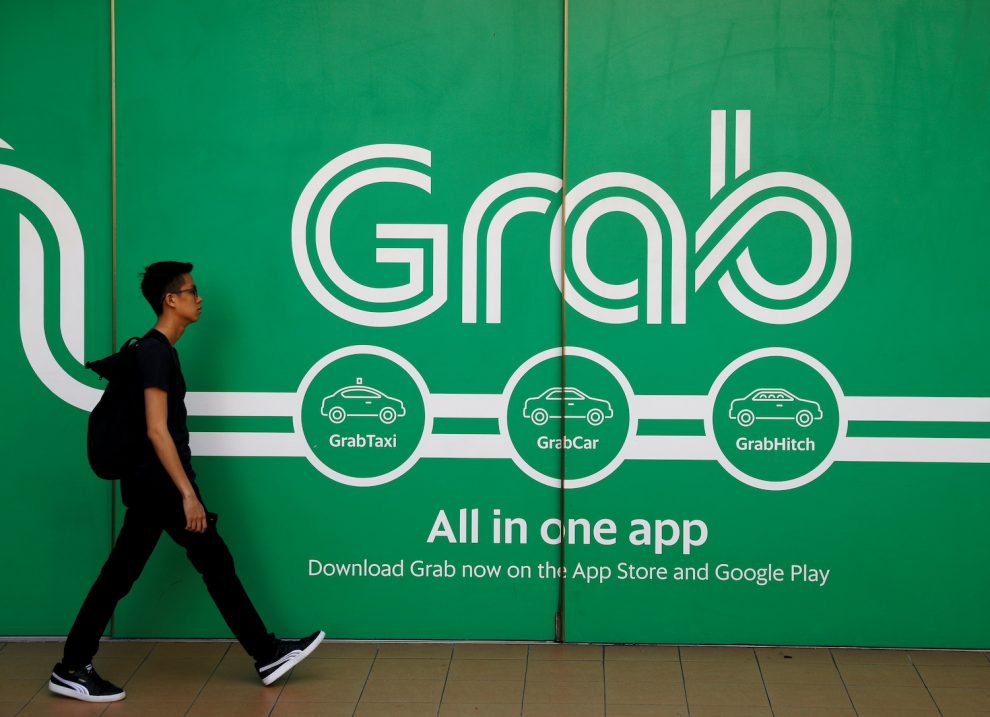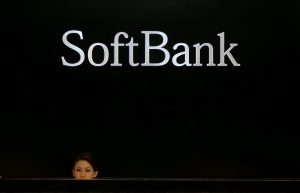Accounting issues blamed for delay to the Singapore-based food delivery and payments giant’s blank cheque company hook-up
Altimeter Growth Corp’s share price slumped after Asian food delivery start-up Grab said it would delay its $40 billion merger with the SPAC due to an accounting issue.
The California-based financial giant, run by investment superstar Brad Gerstner, saw its shares drop 1.5% after Grab made the announcement to American regulators on Thursday.
South-east Asia’s Grab announced that it expected to complete the deal during the fourth quarter. The company had previously said it aimed to close the deal by July.
Also on AF: Biden revokes Trump’s TikTok ban but broadens Chinese app review
Grab said it was in the process of finalising its financial audit for fiscal years 2018, 2019 and 2020 in accordance with US Securities and Exchange Commission (SEC) requirements.
It is also working with the SEC to obtain pre-clearance of certain accounting policies and related financial disclosures.
As a result, Grab’s financial information for those periods remain subject to further review and revision, it said in a statement.
Grab also said its consolidated gross merchandise value during the first quarter of 2021 was $3.6 billion, an increase of 5.2% over same period a year ago.
BARGAINING POWER
There are more than 420 existing SPACs still looking for a target, which gives significant bargaining power to Asian firms that would like to follow Singapore’s Grab.
But plans by Singapore Exchange (SGX) and Hong Kong Exchanges and Clearing (HKEX) to exploit a SPAC listing fee bonanza that has been dominated by two giant US exchanges – Nasdaq and the New York Stock Exchange (NYSE) – may now be slow to bear fruit.
SGX launched a proposed regulatory framework for SPAC listings on March 31, with a request for market comments by April 28, in a timeframe that effectively marked the end of the most recent SPAC boom.
SGX is still scheduled to issue concrete proposals for its SPAC regulatory framework soon (it set a target of mid year) but the global SPAC market seems to have settled into a period of sharply lower listing growth and an increased focus on finding merger targets for the many existing vehicles.
SPAC BOOM
The boom in SPAC listings during 2020 and the first quarter of 2021 marked remarkable growth for a structure that has been around since 1993 but only recently came to play such an important role as the listing approach of choice for many growing companies.
Technology-based companies including fintech firms and electric vehicle (EV) start-ups are among private companies that have been targeted by SPACs. Both the AF Global Fintech Index (KOINTR) and AF Global EV Index (EKARTR) soared to records this year, echoing surging interest in SPACs.
There were 248 SPAC listings in 2020 for funds raised of $83.3 billion, while 2021 by early June had seen another 330 listings for a total of almost $105 billion, according to data collected by SPACInsider.
But new SPAC listings slowed dramatically after the end of the first quarter of 2021, when 320 of the year’s 330 IPOs by the so-called blank cheque companies came to the market.
- With reporting by Reuters and Jon Macaskill
Read more:
Are SPACs a breeding platform for Asian unicorns?
Disruptive Strategist – The SPAC revolution: Stock picking like the 80s






















